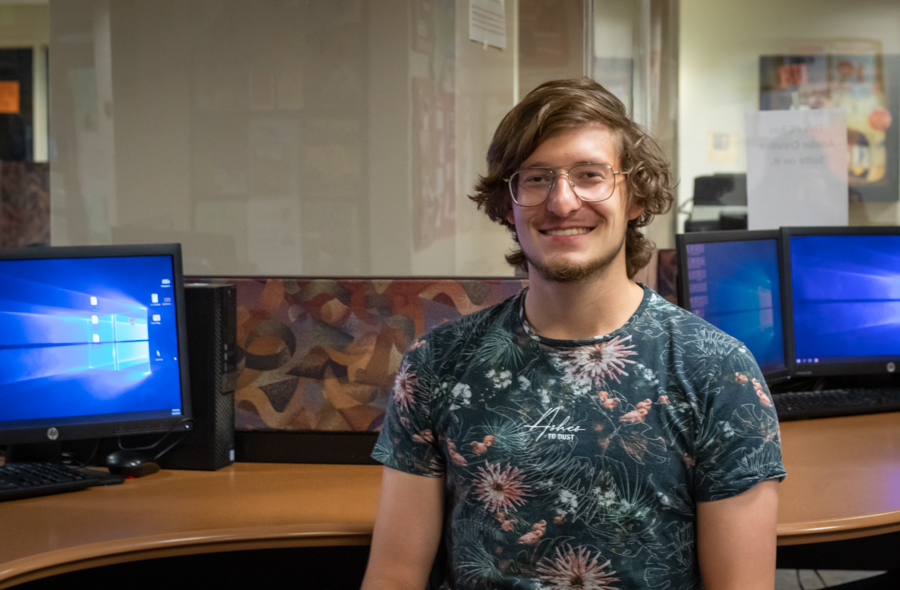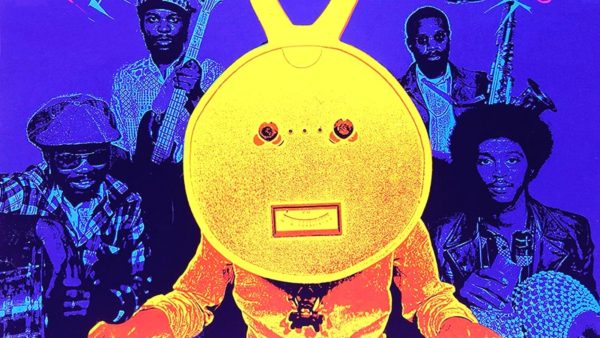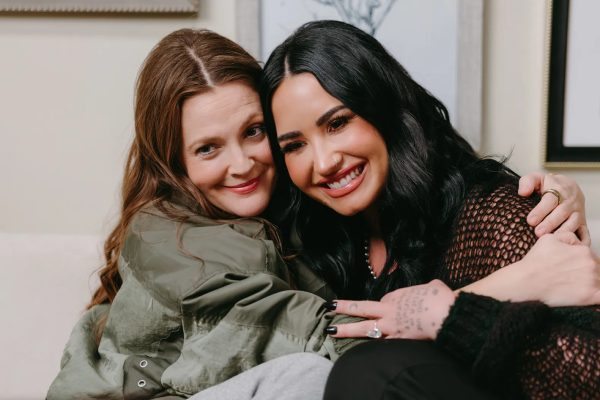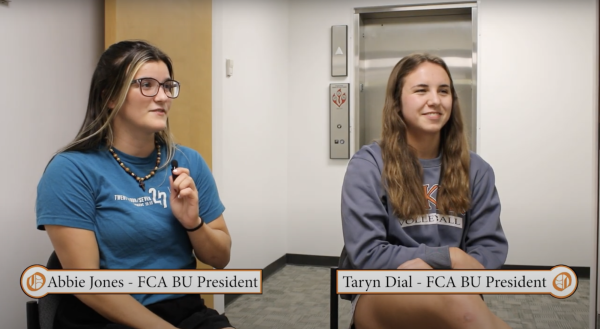OpEd: Luca Janssen on being an international student during the pandemic
Baker University is home to a number of international students. Most of them travel to the United States to attend college and play a sport. I am an international student from the Netherlands and am attending Baker University to pursue a Bachelor’s degree in International Studies. On campus, I am part of the Track and Field team and a member of the Zeta Chi Fraternity. The ongoing COVID-19 pandemic has greatly impacted my college experience in America.
I was able to return home over the summer last year. As my return date to the U.S. approached, it became clear that the U.S. was not allowing any non-residents from many countries to fly in. Countries prohibited from travel included the Schengen area, China, Iran and Brazil. It was very stressful to not know whether I would be able to return to the U.S. and I was unsure when I would see my friends again. I also did not want to have my classes all online from home.
I remember there was quite a bit of outrage among college students at the end of the summer against the travel restrictions for international students. I was glad to see that there was so much support from American students to open the borders for international students. As an international student, it is important for me to be on campus. I have built a life here in Baldwin City and as part of the Zeta Chi Fraternity, I have found a home away from home.
I was fortunate enough that students from the Netherlands, as well as other countries, were allowed to travel back about halfway through July. I returned just in time for the start of cross country’s pre-season training. It was a huge relief to find out that I could travel back to the U.S.
Some international students were not as fortunate. Several have not been able to travel back to the U.S. to continue their education. They are currently taking classes online from home in order to stay on schedule.
As most students have experienced during the spring semester in 2020, participating in online classes from home provides challenges. It is hard to stay motivated and Internet connections are not as stable. Your surroundings are much more distracting and the differences in time zones cause students to develop unusual routines. It was weird to have exams or to give presentations later at night.
I stayed in contact with my friends through text and Facetime/video chats. It was nice to spend some more time with my family over the summer and I also got to visit some of my Dutch friends. However, after a while, I really missed my life at Baker. I wanted to go back. So, when I learned there were travel restrictions, I felt a mix of sadness and frustration. I was frustrated because international students were required to attend in-person classes, if they were offered, otherwise the U.S. could terminate their student visa. Even though that requirement was lifted, I was still worried about all the precautions upon returning to the U.S.
International students have the disadvantage that they cannot go home over the weekend or whenever they would like. They are limited to visiting them over summer and winter breaks and, outside of that, the only contact they have with their family is virtual. COVID-19 has restricted international travel, forcing students to choose between visiting family or staying in the U.S. over breaks. Visiting family is risky, because your return to the U.S. is not guaranteed.
I stayed in the U.S. over winter break, but it was tough not to spend Christmas with my family. Both my family and I had a hard time being separated. Even though I went home with my girlfriend and celebrated Christmas with them, it was not quite the same. I really missed my family when I saw all her family come together, share food and have fun.
Aside from emotional hardships, the quarantine period can also cause financial challenges for international students. Most international students rely heavily on their scholarships to pay for Baker. Not every international student has a place to go for long periods of time when they are required to quarantine.
During my fall semester back on campus, I was in close contact with someone who had COVID-19. The university required me to quarantine, yet the quarantine rooms on campus were all full. I was lucky enough I had a place outside of campus to quarantine. It would have been financially challenging for me to stay at The Lodge hotel.
COVID-19 precautions in the U.S. have been lighter than in many European countries. Though states have a face-covering mandate, there are fewer restrictions. Restaurants, hair salons and other so-called “non-essential professions,” have remained open.
In Europe, many countries have strict policies that restrict much of public life. Only places that offer primary necessities for a living are open for business. Especially during the waves of increased COVID-19 cases, as protocols are even stricter.
In combination with those restrictions, there were prolonged lockdowns. The Netherlands, for example, has been in lockdown since December. My friends and family have been stuck at home since December with little to do. For my friends back home, their college has been completely online since March 2020.
I count myself lucky that the U.S., or Kansas, did not have any lockdowns. I am very fortunate to attend classes in-person and to be able to go out for dinner and other activities. Even track practice feels like a privilege, as most sports are restricted in the Netherlands. I feel bad for my family and friends at home who have been stuck in lockdown.
The U.S. is vaccinating its citizens at a much higher speed than at home. I have already received my first dose of the Pfizer COVID-19 vaccine. My friends and family are jealous that I will be vaccinated long before they will.
Travel restrictions are currently still in place and I do not know if I will be able to travel home and see my family and friends in the near future. My hope is that the vaccine will allow me to travel home during the summer break and return to the U.S. without any problems.
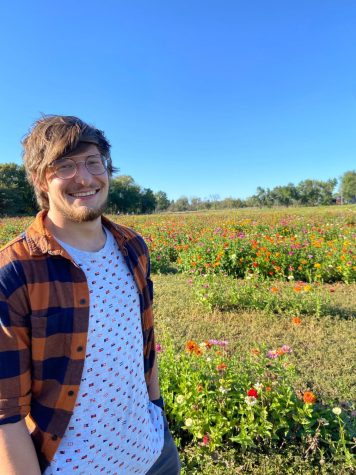
Luca Janssen is a senior from the Netherlands. He is an international studies major with minors in economics, political science, sociology and history....


